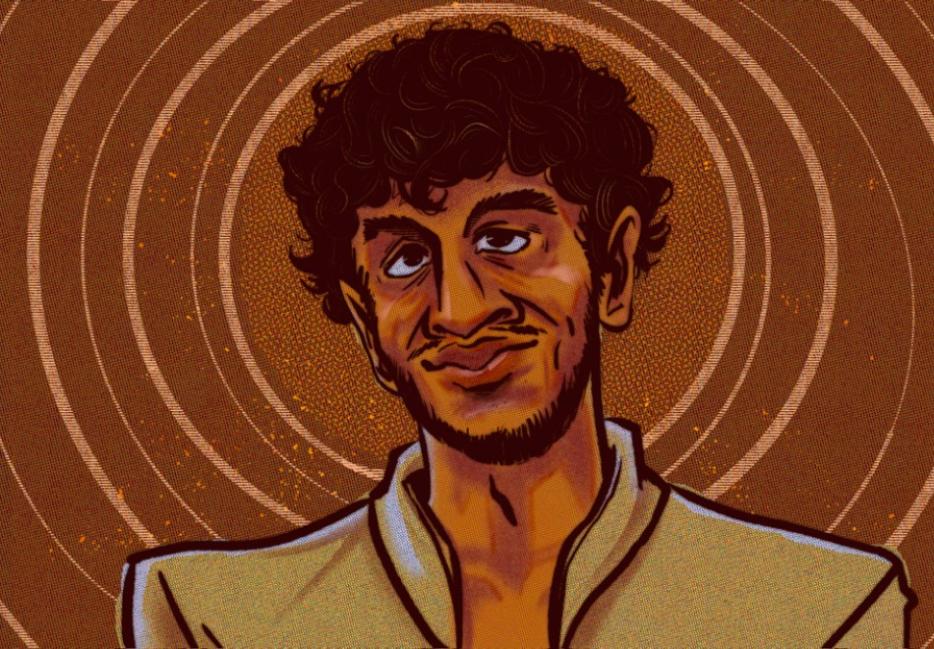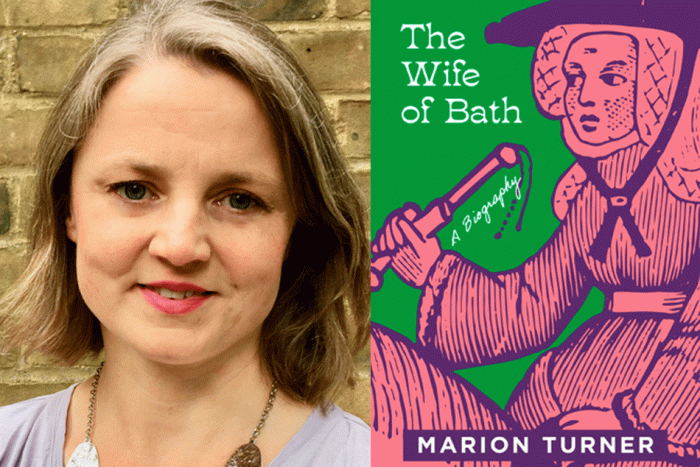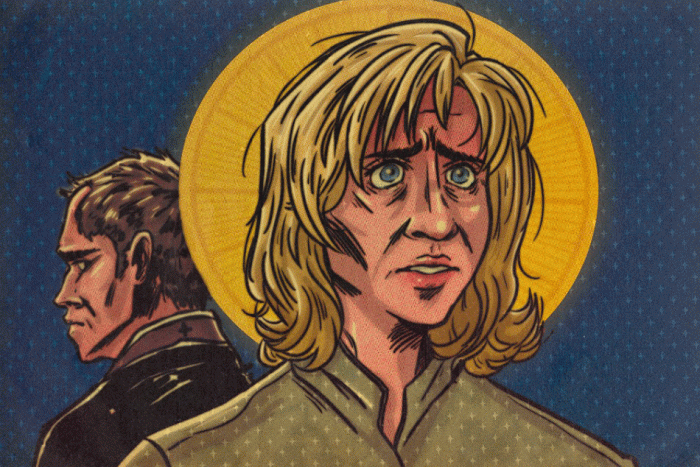Welcome to Wayward Watching, a column on the seen and unseen in film.
Quentin Tarantino was fourteen when he first watched Rolling Thunder, tagging along with his mother and her boyfriend to a Friday night screening in Los Angeles. Years later, he’d show up whenever the movie was playing in a theatre in the city, regardless of the time of day or distance. In his recent book, Cinema Speculation, he claims that the film is “the best combination of character study and action film ever made.” A contemporary viewer, however, might be forgiven for being baffled by the enthusiasm, for even wondering what Tarantino saw in the movie at fourteen. It’s not just that we’ve seen multiple versions of the story of a returning war hero who goes on a murderous rampage after a family tragedy; more that, in an age where every other TV show is a crime procedural or a violent thriller, and every other movie about a celestial superhero battling apocalyptic nemeses, we’re too jaded to believe that action flicks can double up as character portraits.
Later in the book, Tarantino praises the “feel-good catharsis” of Rocky’s screenplay. He claims that Sylvester Stallone was, among other things, a canny scriptwriter with an ear for comedy, and that the dialogue in an early film, The Lords of Flatbush, is replete with his trademark wisecracks. But there isn’t a funny moment in The Lords of Flatbush—I rented it last week on Amazon Prime. The entire movie is just about redeemed by sporadic closeups of Perry King’s zero-buccal-fat face. The story revolves around four young ruffians growing up in a Brooklyn neighbourhood where women end up marrying their high school boyfriends and men inevitably have a comb handy in their pockets. The characters are stuck in crises not too different from ours—Who do you love? Who do you marry? What are we supposed to do with our lives?—and yet their predicaments seem naïve to audiences hardened by decades of group-tested entertainment. Halfway through, Stallone features in a rooftop scene where Tarantino feels his performance is “Brandoesque.” King’s character, Chico, chastises Stallone for being happy with idle fantasies, for not wanting to step out of their borough and see the world. This being early fifties’ New York, Chico can’t help but be casually racist: “You can have all the imagination you want, but you’re never gonna see no c----s in Tokyo.” Stallone’s resemblance to Brando, however, is cosmetic: his character is named Stanley, much like the lead in A Streetcar Named Desire, and he is dressed in a sleeveless black vest in multiple scenes. When he goes off on Chico, he mumbles his lines too effusively, like someone acting in a college play.
It could be that a millennial like me was born too late to grasp the import of a movie made fifty years ago. Or perhaps we’ve all collectively squandered our capacity for enchantment. Tarantino first watched Rocky on the big screen during opening week, and the audience apparently went berserk during the climactic knockout: "I’ve been to movies where something happened on screen and the audience cheered. But never—and I repeat—never—like they cheered when Rocky landed that blow in the first round that knocked Apollo Creed to the floor…Every blow Rocky took seemed to land on you."
My first time watching the film was different. Not long after Rocky Balboa was released, a school friend decided that we needed to catch up on the previous five movies to better understand the latest installment of the franchise. And so, on a Saturday afternoon in Assam, a crew of peacocking teenagers were huddled around someone’s older brother’s desktop—back when we called computers “PCs”—passing around a joint and hallucinating over Stallone’s bloodstained face. The plan was no doubt to watch the films back to back, until we discovered that the torrent file for Rocky II (or was it Rocky III?) was overlaid by Russian voices. I remember us all erupting when Hulk Hogan came on. Cushions and mattresses were soon lumped on the host’s bedroom floor and the viewing area was transformed into a ring for spontaneous wrestling bouts. Our friend’s parents were away at work, which meant that we were free to raid the kitchen cabinets in search of alcohol. At some point more people, all of them boys, were invited, and someone came over with a box of pork dumplings from a vendor at the end of the street. Stuffed and stoned, I passed out on a couch while Rocky kept swearing in Russian in the other room.
And yet it wasn’t as if we just thought of movies as ambient noise. I remember countless late nights when my sister and I would catch the last few minutes of a whodunit or comedy on TV and spend the next hour dreaming up outlandish backstories. What was supposed to be an empty hour before drifting to sleep became something to look forward to: I still don’t know if Dr. Evil from Austin Powers had indeed travelled from a different planet in the first half, as we imagined, or if Matthew McConaughey had spurned Kate Hudson in the opening scene of How To Lose A Guy in Ten Days. We were ardent about our tall tales, our pretend versions of these half-glimpsed movies, in a way that those who sat through the actual films from beginning to end couldn’t have been. Then there was the Harry Potter universe, with which my sister was obsessed at that age. Someone had gifted her a DVD box set of the first five films, and she used to watch them after school on loop. I, too, sometimes found myself affected by their charms. Reading Oliver Twist in eighth grade, I pictured little Daniel Radcliffe ambling around the streets of nineteenth-century London in a newsboy cap. Long John Silver, from Treasure Island, looked suspiciously like Alan Rickman when he popped up in dreams.
Tarantino might yearn for the exuberance of crowds applauding the action hero in a theatre, but those of us who witnessed audiences cheering on the most mindless of Bollywood flicks—and later replicating the violence offscreen—will always struggle to see that sort of fandom as innocent. I feel envious about the flashes of insight that older generations claim to have routinely experienced at the movies. The Kannada novelist U.R. Ananthamurthy reportedly started writing his magnum opus, Samskara, after watching The Seventh Seal without subtitles as a graduate student in England. Recalling the memory later, he wrote, “Often creativity is aroused by imperfect understanding and even misunderstanding.” The closest I came to having an epiphany inside a packed theatre was during an IMAX screening of Avatar years ago, when the colours in every frame seemed like something out of a psychedelic trance, though I doubt I’ll feel the same way about the images in the new sequel. Decades after seeing The Wizard of Oz, Salman Rushdie could credit the film as his “very first literary influence.” Who honestly expects Marvel Studios’ Eternals, or last year’s Hindu-nationalist cringefest RRR, to ever inspire anything imaginative?






